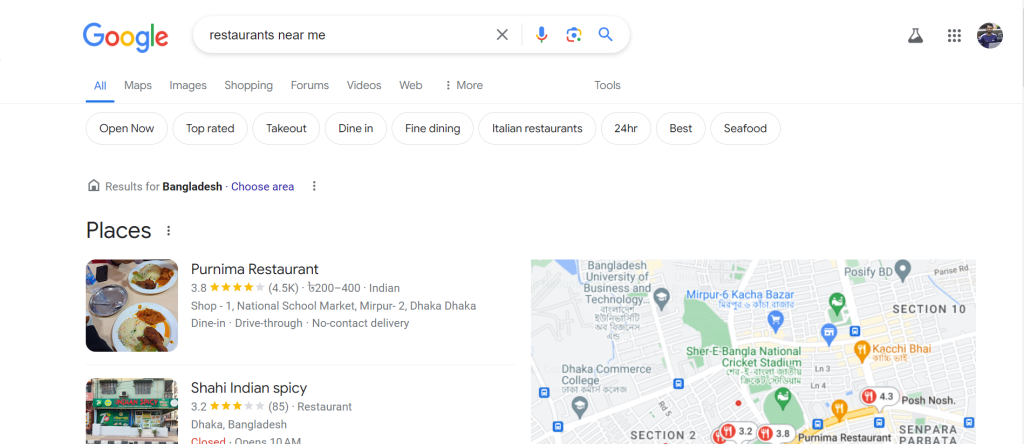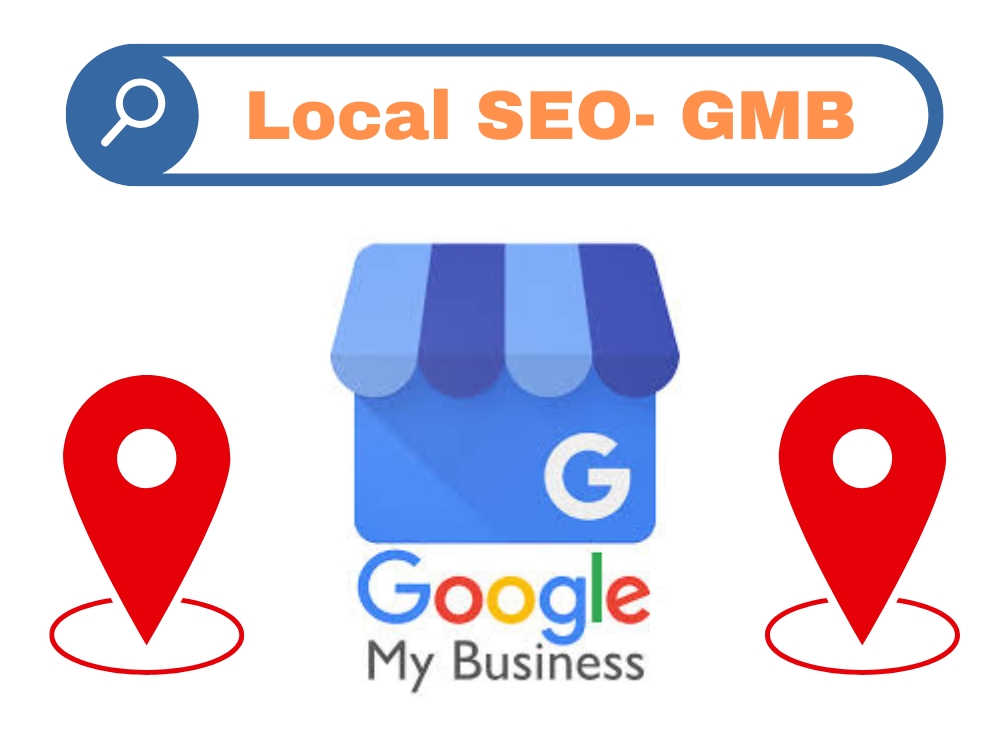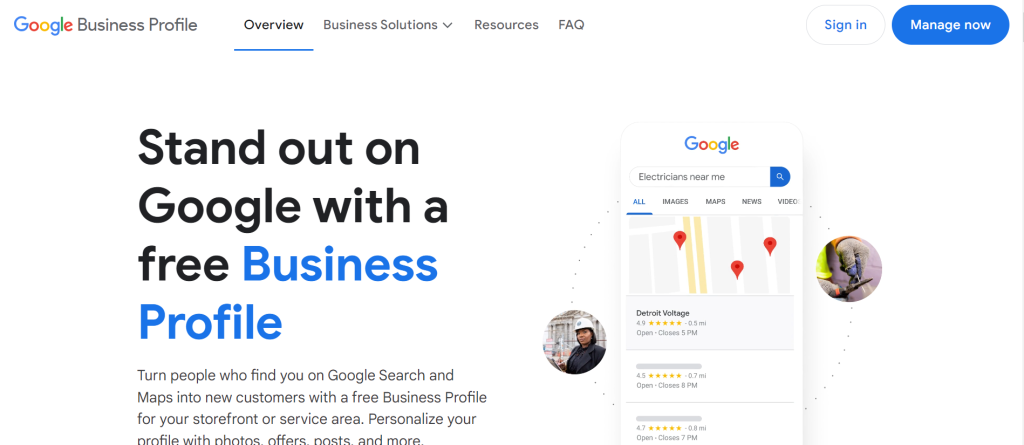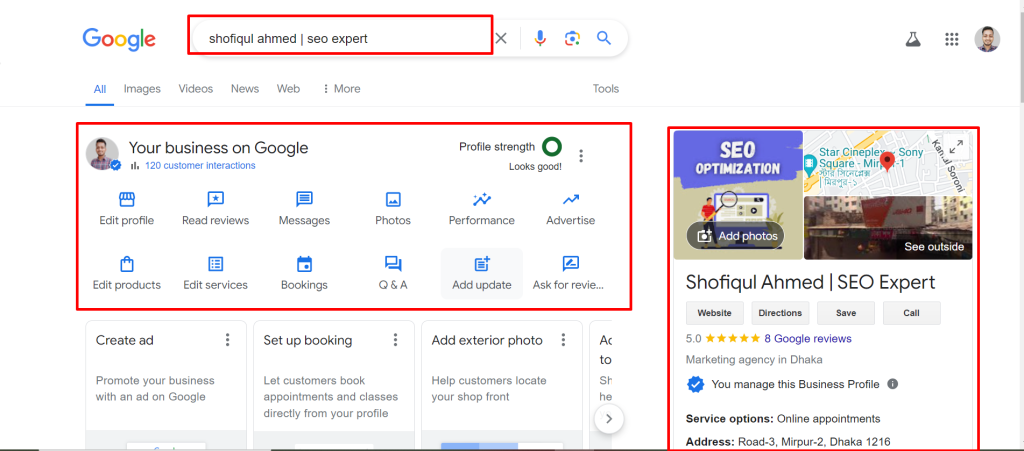Local Keyword Research
In the digital marketing landscape, local keyword research is essential for businesses targeting a specific geographic area. Understanding and leveraging local search intent can significantly enhance your online presence, drive more traffic, and increase conversions from local customers.
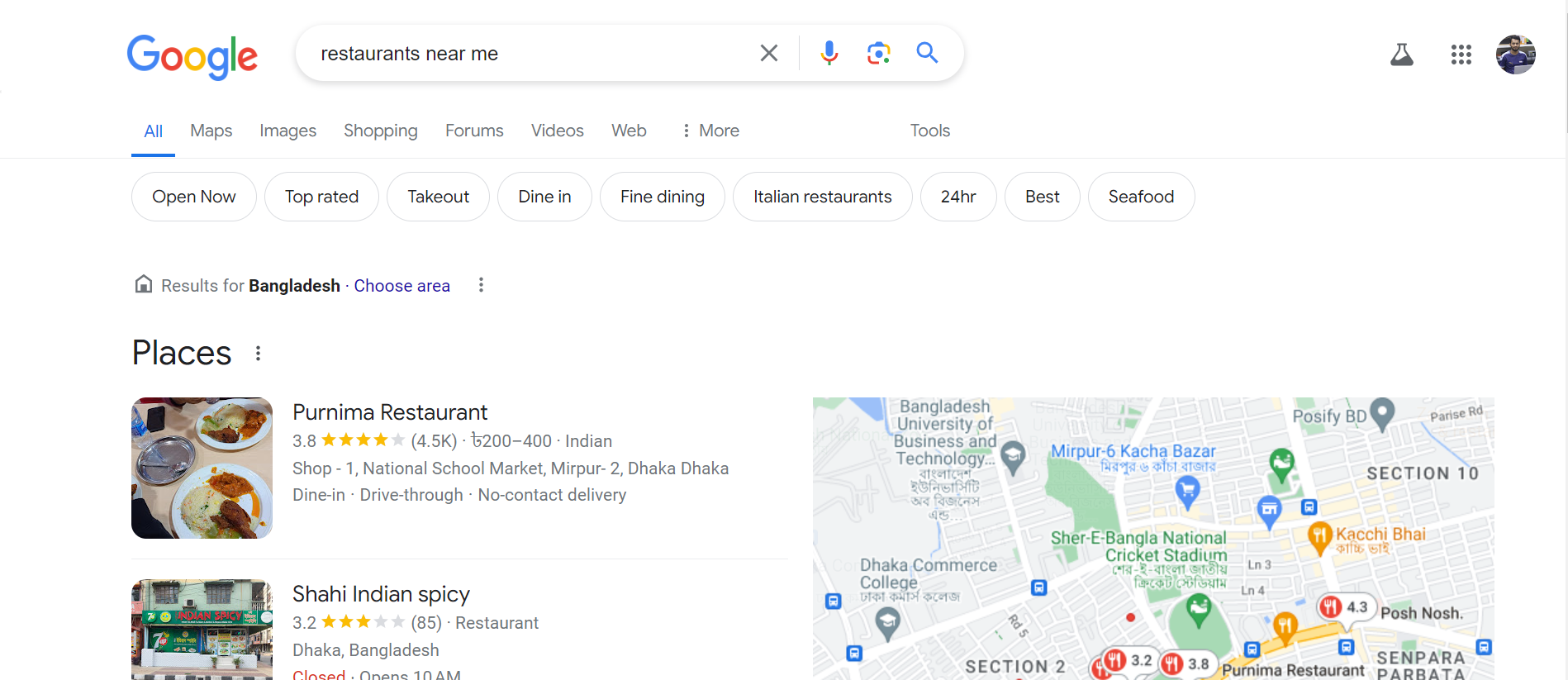
Understanding Local Search Intent
Local search intent refers to the purpose behind a user’s query when they seek information, products, or services within a specific location. It’s crucial to recognize the different types of local search intents to tailor your content and SEO strategies accordingly.
- Navigational Queries: These are searches aimed at finding a specific location or business. For example, “Starbucks near me” or “Walmart in downtown.”
- Informational Queries: Users are looking for information about services or products available locally. For instance, “best pizza places in Chicago” or “top-rated plumbers in San Francisco.”
- Transactional Queries: These indicate a user’s intention to complete a transaction within a local area, such as “book a hotel in Miami” or “buy flowers in New York.”
Types of Local Search Queries
- Navigational Queries: Directed towards finding a specific location or business.
- Informational Queries: Aimed at gathering information about local services or products.
- Transactional Queries: Indicate an intention to make a purchase or book a service locally.
Tools for Local Keyword Research
Several tools can help you conduct effective local keyword research, each with unique features to uncover valuable insights about local search behavior.
Using Google Keyword Planner
Google Keyword Planner is a free tool within Google Ads that allows you to discover keywords related to your business.
- How to Use:
- Access Google Keyword Planner via Google Ads.
- Enter seed keywords relevant to your business and location.
- Analyze search volume, competition, and keyword suggestions.
- Filter results by location to refine your local search data.
- Tips: Focus on keywords with high relevance, moderate to high search volume, and manageable competition to maximize your local SEO efforts.
Using Ahrefs for Local SEO
Ahrefs is a comprehensive SEO tool that offers extensive keyword research capabilities.
- How to Use:
- Use Ahrefs’ Keywords Explorer to input your seed keywords.
- Filter results by location to find locally relevant keywords.
- Analyze metrics like search volume, keyword difficulty, and traffic potential.
- Benefits: Ahrefs provides in-depth insights into keyword performance, backlinks, and competitor analysis, making it a robust tool for local SEO.
Using SEMrush for Local SEO
SEMrush is another powerful tool for local keyword research, offering various features to enhance your local SEO strategy.
- How to Use:
- Enter your seed keywords into SEMrush’s Keyword Magic Tool.
- Filter results by location to narrow down to local keywords.
- Examine metrics such as search volume, competition, and keyword difficulty.
- Advantages: SEMrush offers additional tools like the Local SEO Toolkit, which includes features for local listing management and position tracking.
Finding Local Keywords
Finding the right local keywords involves a mix of creativity, research, and analysis. Start with broad terms related to your business and refine them by adding local modifiers, such as city names, neighborhoods, or “near me” phrases.
Identifying Primary and Secondary Keywords
- Primary Keywords: These are the main keywords you want to rank for and are usually broad terms with high search volume.
- Secondary Keywords: These are more specific terms that support the primary keywords and often have lower search volume but less competition.
Long-Tail Keywords for Local SEO
Long-tail keywords are longer, more specific phrases that users are likely to use when they’re closer to making a purchase. They tend to have lower search volumes but higher conversion rates. For example, instead of “pizza,” a long-tail keyword would be “best gluten-free pizza in Seattle.”
Geo-Targeting Keywords
Geo-targeting keywords involve incorporating specific locations into your keywords to target a local audience. This can include city names, neighborhoods, or even specific landmarks. Examples include “dentist in Brooklyn” or “yoga classes near Central Park.”
Analyzing Competitor Keywords
Understanding what keywords your competitors are targeting can provide valuable insights into your local SEO strategy. Tools like Ahrefs and SEMrush can help you analyze competitor keywords and uncover opportunities for your own keyword strategy.
Conducting a Competitor Keyword Analysis
- Identify Competitors: Determine your main local competitors.
- Use Tools: Use SEO tools to analyze their website and identify their top-performing keywords.
- Compare Keywords: Compare their keywords with yours to find gaps and opportunities.
- Optimize Content: Use the insights to optimize your content and target untapped keywords.
Tools for Analyzing Competitor Keywords
Several tools can assist in analyzing competitor keywords, including:
- Ahrefs: Offers a comprehensive site explorer feature to analyze competitor keywords and backlinks.
- SEMrush: Provides detailed competitor keyword analysis and organic search data.
- Moz: Includes features for tracking competitor keyword rankings and identifying opportunities.
By leveraging these tools and techniques, you can develop a robust local keyword strategy that enhances your visibility in local search results and drives more targeted traffic to your business.
